Hungarian Prime Minister Viktor Orbán’s visit to Washington on Friday, his first meeting with US President Donald Trump since Trump’s return to the White House and the stakes are unusually high. At the top of Orbán’s agenda: persuading Trump to grant a waiver from US sanctions on Russian oil, a move that could deepen tensions within NATO and signal a dramatic shift in Washington’s post-Ukraine war policy stance.
Orbán, long one of Europe’s most Russia-friendly leaders, has spent years cultivating close personal ties with Trump, even endorsing his 2024 re-election bid as early as last year. Their renewed encounter, according to diplomats is being closely watched by European capitals anxious that Trump’s White House may realign its transatlantic priorities and ease the pressure on Moscow.
The Hungarian leader’s goal is clear: secure an exemption allowing Budapest to continue importing Russian crude via the Druzhba pipeline without the threat of secondary US sanctions. Since Washington reimposed energy-related restrictions aimed at throttling Kremlin revenues, Hungary which depends heavily on Russian oil and gas has faced growing friction with both Brussels and Washington.
Orbán has repeatedly argued that Hungary’s energy dependence is a matter of “national survival” rather than political choice. “We cannot heat homes with ideology,” he said recently, defending his government’s continued dealings with Russian suppliers. Trump, meanwhile, has shown little enthusiasm for maintaining the Biden-era sanctions regime, especially measures that, in his view, “hurt American industry and allies more than Russia.”
The White House meeting thus becomes a test of how Trump’s foreign policy will navigate between personal alliances and institutional constraints. His administration’s national security officials are reportedly divided: some see Hungary as a strategic weak link in NATO’s eastern flank, while others argue that maintaining goodwill with Budapest could help prevent it from drifting further into Moscow’s orbit.
Quick Reads
View AllThe optics are equally delicate. Orbán’s illiberal record from restricting media freedom to undermining judicial independence has long made him a pariah in Brussels and a lightning rod in Western debates about democracy’s global retreat. Yet for Trump, who admires strongman-style leadership and nationalist rhetoric, Orbán’s brand of politics has often been a model rather than a warning.
Trump’s advisers, according to AP, are framing the meeting as “an exchange between allies,” but it also serves as a platform for Orbán to reassert his international relevance after years of political isolation within the European Union. He remains the only EU leader to openly criticise Western military aid to Ukraine and to advocate for an immediate ceasefire that would effectively freeze Russian territorial gains.
European diplomats fear that if Trump signals openness to Orbán’s energy plea, it could fracture the already fragile Western consensus on Russia. It would also embolden other countries dependent on Russian oil including some in the Balkans to seek similar carve-outs. A softening of US sanctions could, in practical terms, funnel new revenue streams to Moscow at a time when Ukraine’s battlefield position is deteriorating.
Still, the Hungarian premier may find his “friend in the White House” less flexible than expected. Analysts note that while Trump has praised Orbán as “a great leader,” the US Congress particularly the Senate’s bipartisan foreign relations bloc is likely to resist any policy that looks like capitulation to Russian interests. Even within Trump’s cabinet-in-waiting, voices advocating for a harder line on sanctions remain influential.
For Orbán, the political calculus is straightforward: aligning with Trump gives him leverage against Brussels and shields him from EU pressure over democratic backsliding. For Trump, however, the calculus is more complicated balancing ideological affinity with geopolitical risk. Granting Orbán’s request could reinforce his America First credentials among domestic supporters who resent foreign entanglements, but it risks alienating European partners just as Washington seeks to recalibrate its influence on the continent.
Ultimately, this meeting is more than a diplomatic courtesy call. It is a signal — to Europe, Moscow, and the global oil market — about where Trump’s foreign policy compass now points. Whether the outcome is a symbolic reaffirmation of friendship or a substantive shift in sanctions enforcement, the implications will ripple far beyond Washington and Budapest.
As one senior European diplomat told The Independent, “If Trump gives Orbán what he wants, it won’t just be Hungary celebrating. The Kremlin will be watching closely and smiling.”
With inputs from agencies


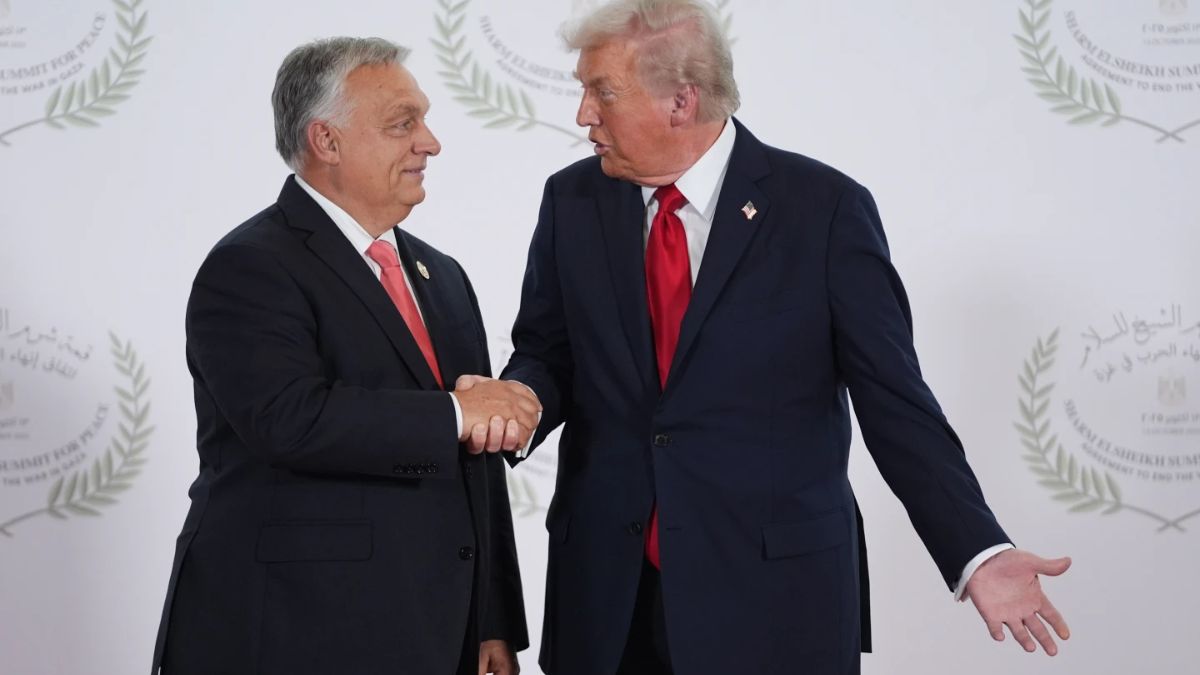)
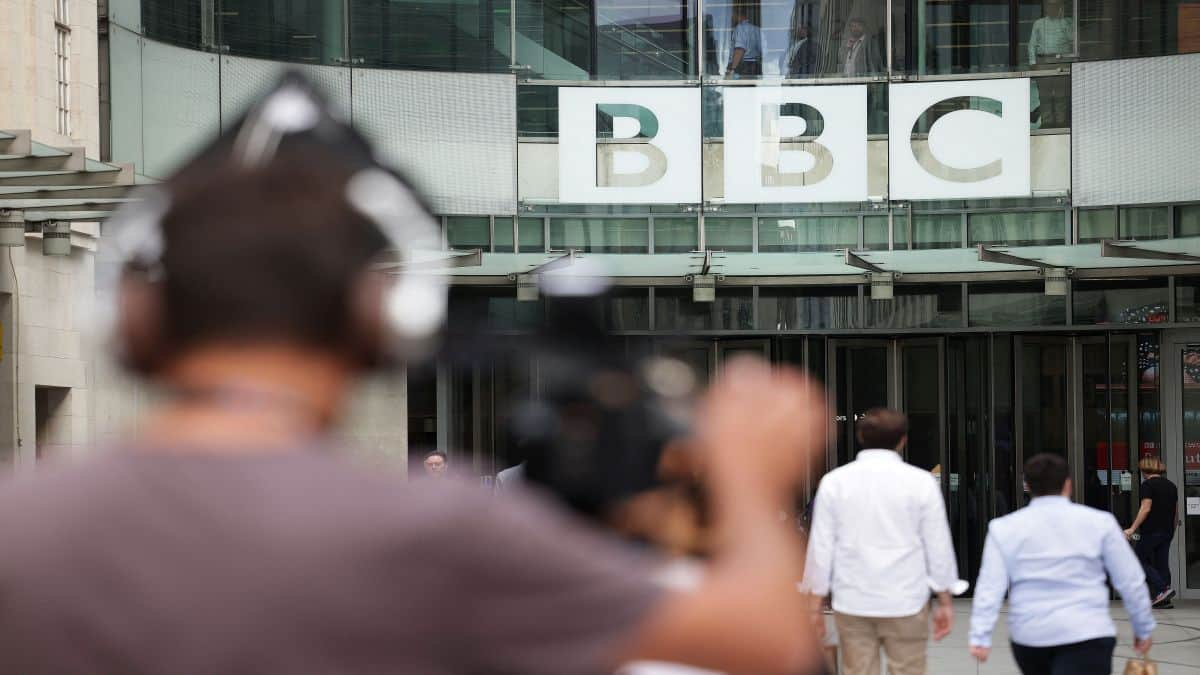
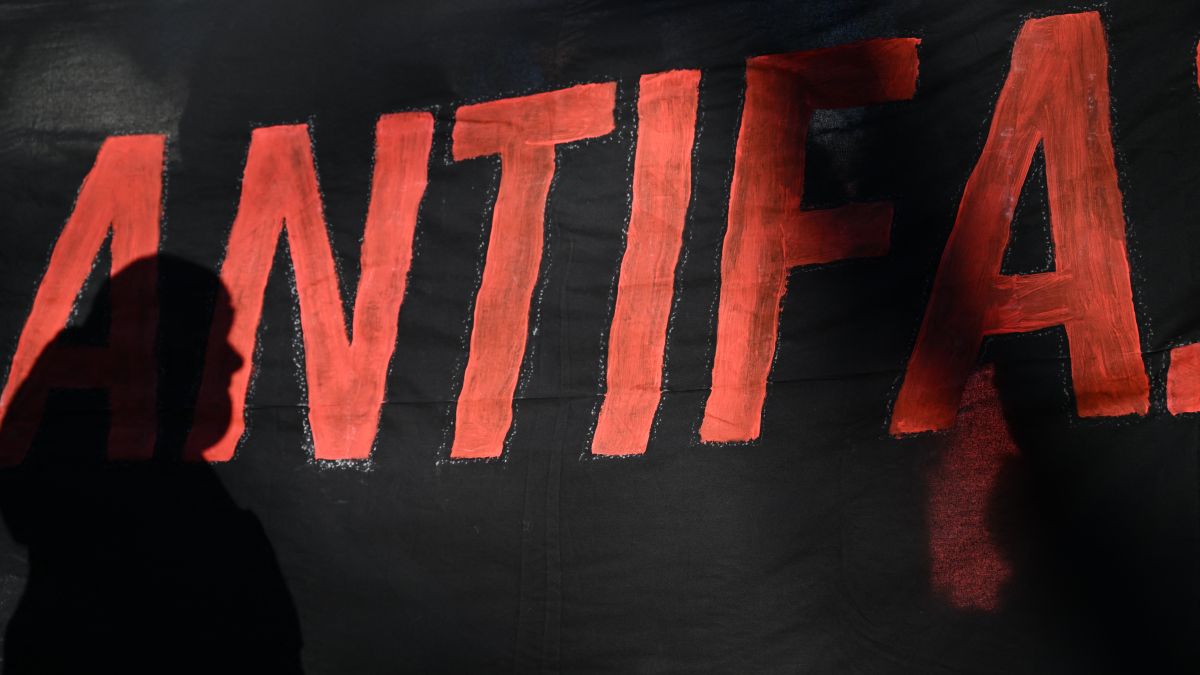)
)
)
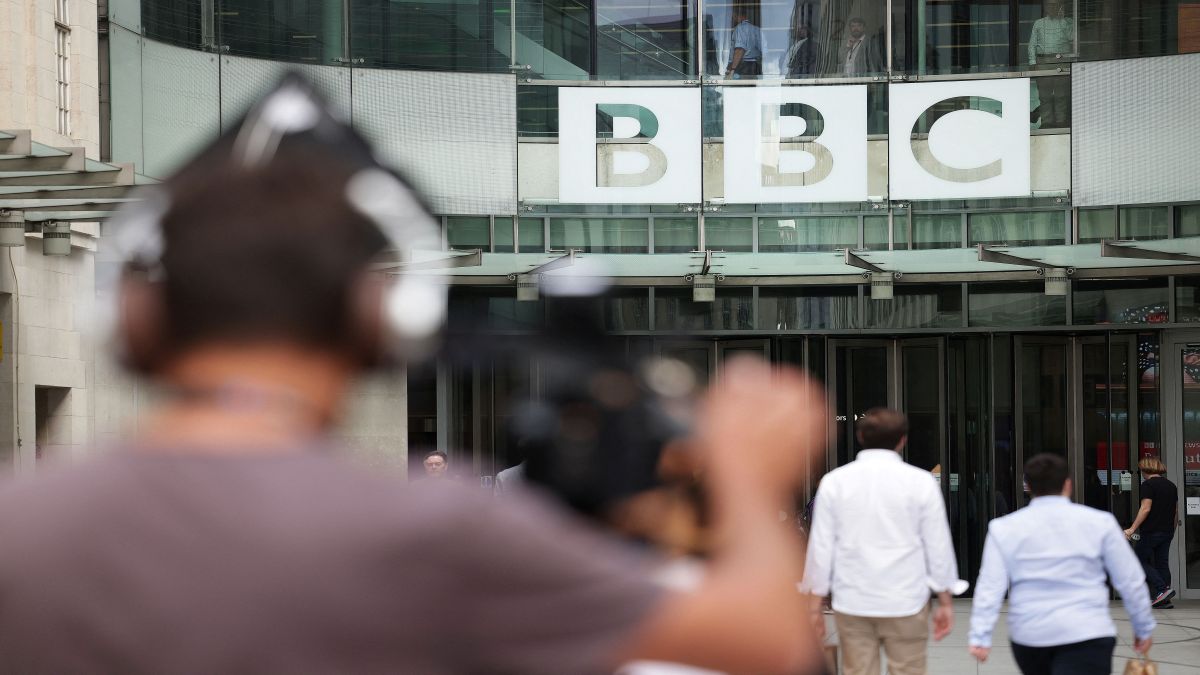)
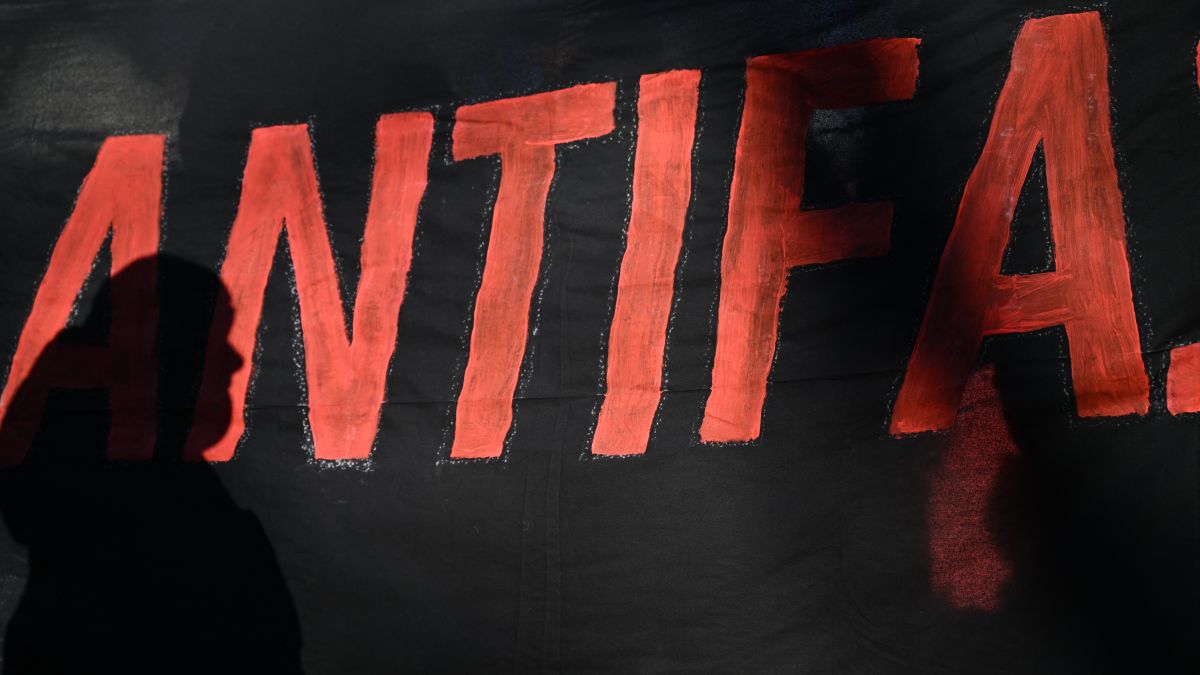)
)
)
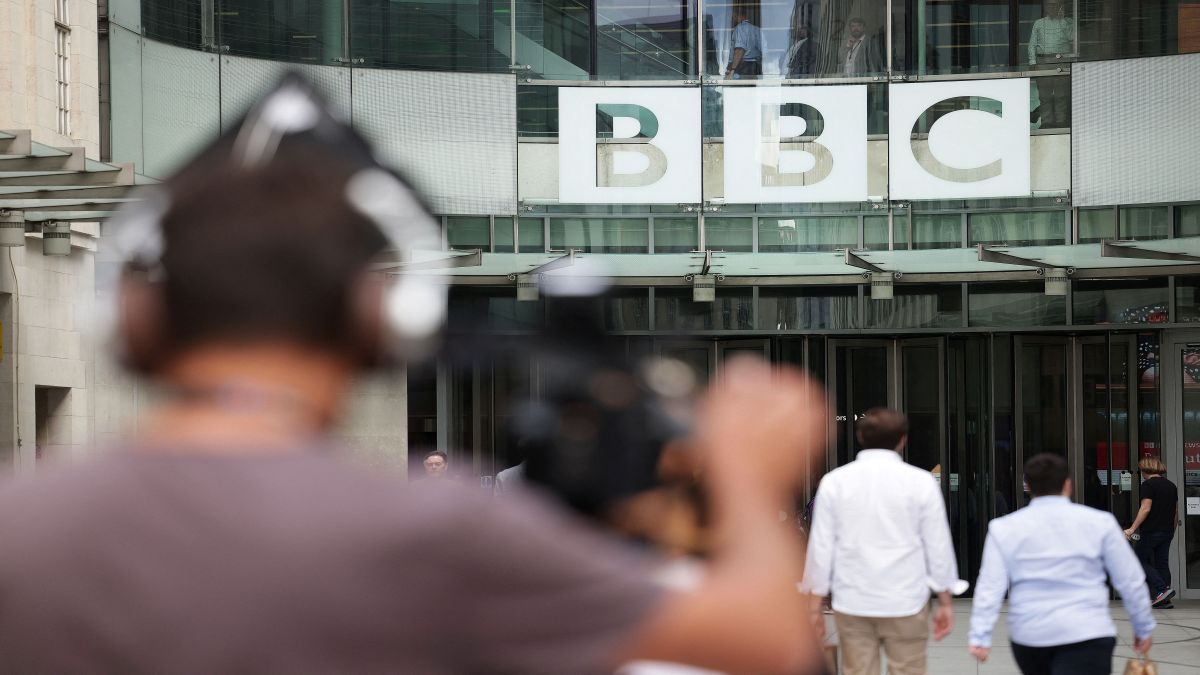)



